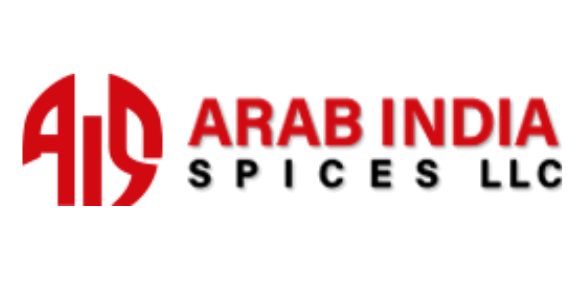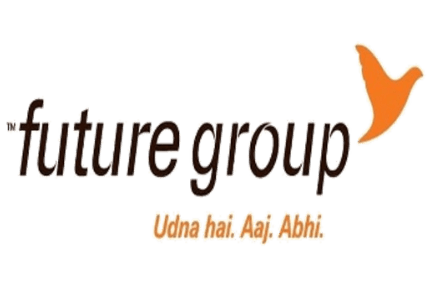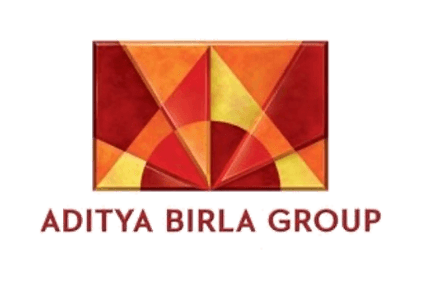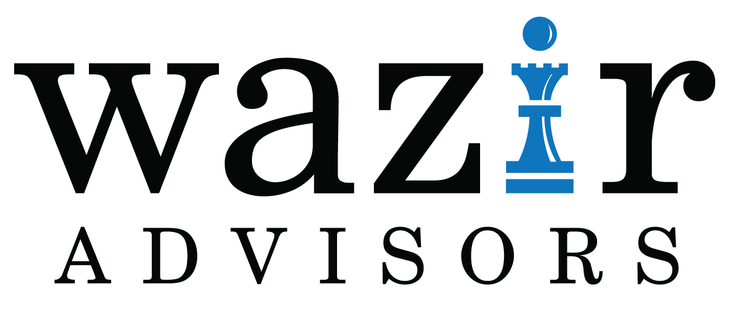Strategy > Textile and Apparel > Policy Formulation Support
Project Brief
The Goods and Services Tax is to be introduced in the Indian tax system and it is expected to replace several state and central level taxes. Ministry of Textiles wanted to conduct a study for understanding the likely impact of GST on different stakeholders of the Textiles sector.
The key objective of this assignment was to throw light on the problems faced by the various sectors of the textiles industry in the renewed taxation regime and expected implication of GST. To conclude this, the following aspects were covered:
Provided recommendations on the following:
Background
The client is an apex organization representing the Indian jute industry. To revitalise the jute industry, the client wanted assistance in preparing recommendations for Standing Advisory Committee.
The key objective of this assignment was to provide policy recommendations for revival of jute sector which was done by answering the following key questions:
Wazir prepared the recommendations for Union Government of India for upliftment and revival of Jute Sector.
Background
The client is a government body playing a major role in textile industry. The Client felt the need to develop the new policy to develop a vision and enhance India’s share in the global trade. For this an Expert Committee was set-up to recommend a Vision, Long term Strategy and Action plan. A draft was to be prepared for which they engaged us as their strategy consultant.
The key objective of this assignment was to recommend a Vision, Long Term Strategy and Action Plan to be incorporated in the new National Textile Policy. The policy was drafted answering the following key questions:








Partner (Chief Wazir)

Partner (Chief Wazir)

